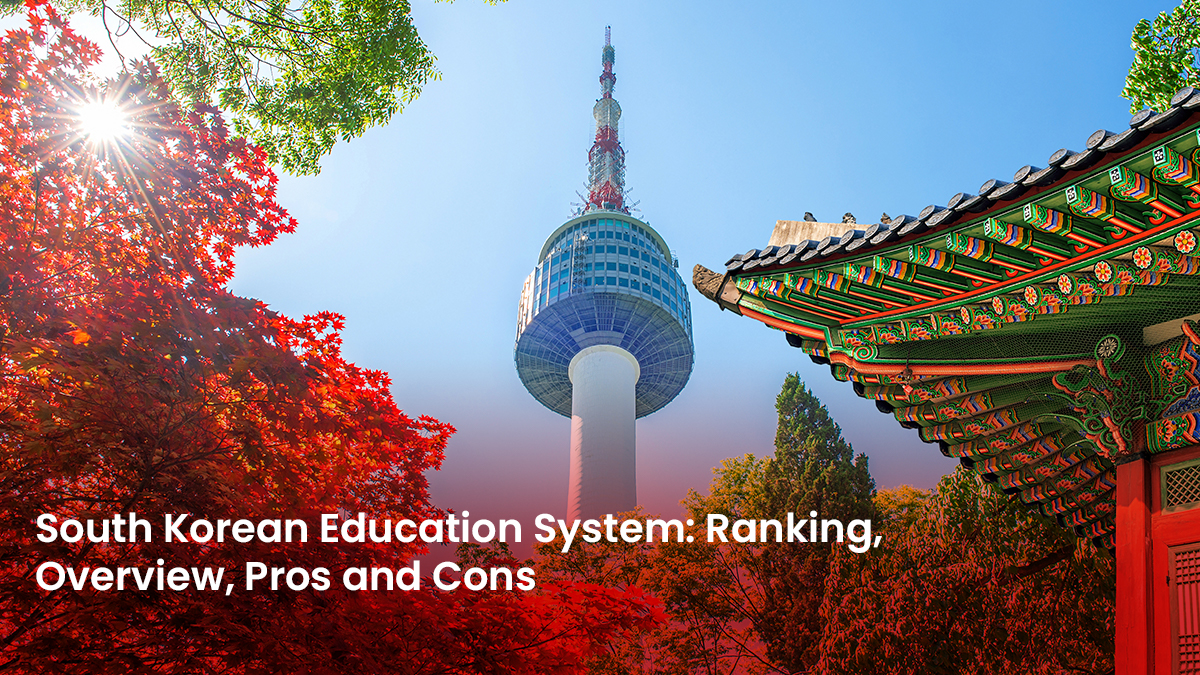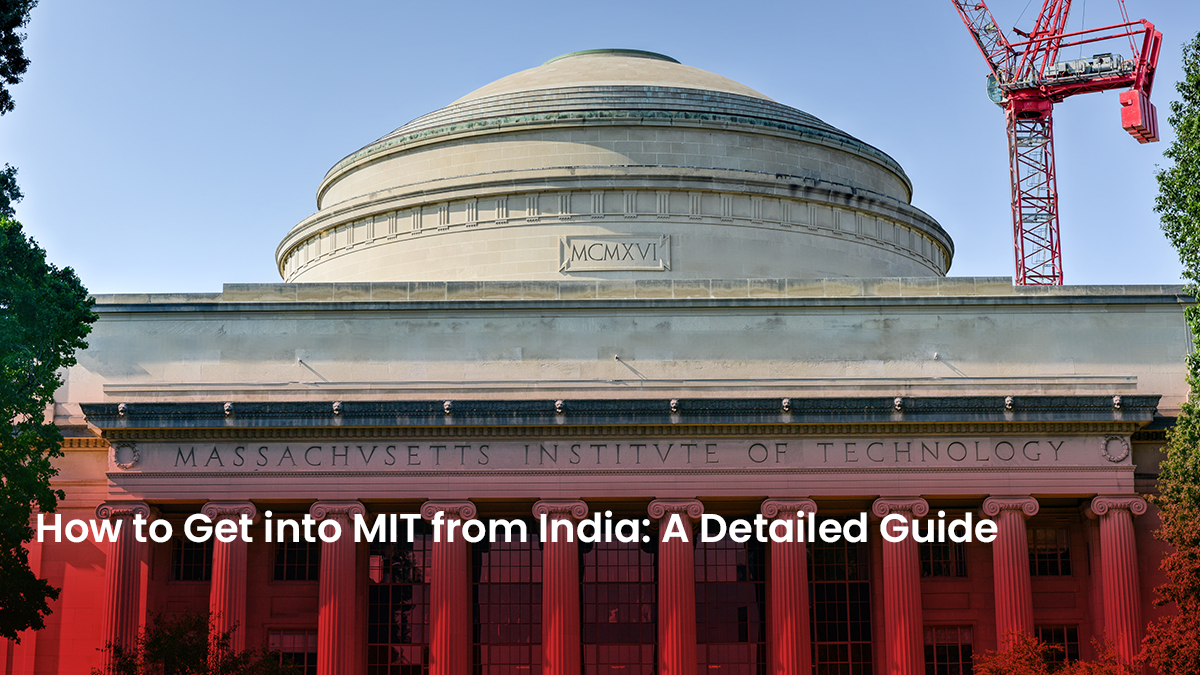Many individuals dream of pursuing higher education while studying in the USA, but navigating the complex visa application process, meeting eligibility requirements, and managing finances can be overwhelming and intimidating. However, obtaining a student visa for USA is relatively straightforward as long as you provide all the required documents. If you’re unsure about the differences between F1 vs J1 visa and which one is most suitable for you, don’t worry!
We have prepared a comprehensive, step-by-step guide that will walk you through the entire process.
What is a J1 visa?
The J1 visa, also known as the Exchange Visitor Visa, is a non-immigrant visa issued by the United States to participants in work-and-study-based exchange visitor programs. These programs are designed to promote cultural exchange and foster mutual understanding between the United States and other countries.
What is an F1 visa?
The F1 visa, also known as the Student Visa, is a non-immigrant visa that allows foreign nationals to pursue academic studies at accredited educational institutions in the United States. It is the most common type of student visa in the U.S. and is required for all international students who wish to enroll in full-time academic programs leading to a degree or diploma. Learn more with a guide to F1 Visa.
Differences Between F1 vs J1 Visa
|
Feature |
J1 Visa | F1 Visa |
|
Purpose |
Cultural exchange and mutual understanding | Academic studies |
|
Sponsor |
Exchange program designated by the U.S. Department of State | Accredited educational institution in the United States |
| Eligibility | Meet program-specific requirements |
Be admitted to an accredited educational institution, have financial means to support oneself, and demonstrate English proficiency |
| Application Process | Handled by the exchange program |
Completed application form, supporting documentation, and interview |
| Restrictions | Must maintain exchange visitor status, may be limited in time spent in the U.S., may be required to return home after completing the program, may be restricted in employment | Must maintain full-time enrollment, may work part-time with authorization, may apply for OPT work authorization after one year of study, may apply for a green card if eligible |
| Benefits | Gain valuable work and study experience, learn about American culture, build international relationships |
Pursue academic studies, work part-time or with OPT authorization, gain valuable work experience, and apply for a green card if eligible |
How to get a Student Visa for USA
Important Things to Know about the J1 Visa
The J1 visa, also known as the Exchange Visitor Visa, is a nonimmigrant visa issued by the United States to participants in work-and-study-based exchange visitor programs. These programs are designed to promote cultural exchange and foster mutual understanding between the United States and other countries.
Here are some important things to know about the J1 Visa:
Purpose
The purpose of the J1 visa is to promote cultural exchange and mutual understanding between the United States and other countries.
Eligibility
To be eligible for a J1 visa, you must be a citizen of a foreign country, have a sponsor that the U.S. Department of State designates, be eligible for the type of program you are applying for, meet the program-specific requirements, and be able to demonstrate that you have the financial means to support yourself during your stay in the United States.
Application Process
The application process for a J1 visa is typically handled by the exchange program that is sponsoring you. However, you will need to apply for a visa at a U.S. embassy or consulate in your home country.
Restrictions
J1 visa holders are subject to several restrictions, including:
- They must maintain their status as exchange visitors.
- They may be limited in the amount of time they can spend in the United States.
- They may be required to return to their home country after completing their program.
- They may be restricted in the types of employment they can take.
Benefits
J1 visa holders are eligible for several benefits, including:
- The opportunity to gain valuable work and study experience in the United States.
- The chance to learn about American culture and society.
- The opportunity to build international relationships.
Important Things to Know about the F1 Visa
The F1 visa, also known as the Student Visa, is a nonimmigrant visa that allows foreign nationals to pursue academic studies at accredited educational institutions in the United States. It is the most common type of student visa in the U.S. and is required for all international students who wish to enroll in full-time academic programs leading to a degree or diploma.
Here are some important things to know about the F1 visa:
Purpose
The purpose of the F1 visa is to allow foreign nationals to pursue full-time academic studies at accredited educational institutions in the United States.
Eligibility
To be eligible for an F1 visa, you must meet the following requirements:
- You must be a foreign national seeking to enter the United States for full-time academic study at an accredited educational institution.
- You must have been admitted to an accredited educational institution in the United States.
- You must demonstrate that you have sufficient financial means to support yourself during your stay in the United States.
- You must be proficient in English or be enrolled in courses leading to English proficiency.
- You must intend to return to your home country upon completion of your studies.
Application Process
The application process for an F1 visa typically involves the following steps:
- Obtain admission to an accredited educational institution in the United States.
- Complete Form DS-160, Online Nonimmigrant Visa Application.
- Schedule a visa interview at a U.S. embassy or consulate in your home country.
- Attend the visa interview and provide the required documents, including:
- Form I-20, Certificate of Eligibility for Nonimmigrant Student Status
- Passport
- Two recent passport-sized photographs
- Evidence of financial support
- Evidence of English proficiency
- Pay the visa application fee.
- Receive your passport and visa, if approved.
Duration
An F1 visa is typically issued for the duration of the student’s academic program, but it can be renewed for as long as the student maintains full-time enrollment and remains in good academic standing.
Benefits
F1 visa holders are granted several benefits, including:
- The ability to study full-time at an accredited educational institution in the United States.
- The opportunity to work part-time on campus or off-campus with authorization from the U.S. Citizenship and Immigration Services (USCIS).
- The potential to apply for Optional Practical Training (OPT) work authorization after completing one year of full-time study in the United States.
- The possibility of applying for a permanent resident status (green card) if eligible.
Study in the USA Without IELTS
J1 vs F1 visa approved: How challenging is it?
|
Factor |
J1 Visa | F1 Visa |
|
Overall Difficulty |
Generally not very difficult | Generally not very difficult |
|
Key Factors |
Sponsorship, program eligibility, financial support, profile clarity | Admission to accredited institution, financial support, English proficiency, return intent |
| Common Challenges | Meeting program-specific requirements, demonstrating sufficient financial means, proving ties to home country |
Meeting English proficiency requirements, obtaining required documents, overcoming previous visa denials |
| Tips for Approval | Start planning early, work closely with a sponsor, and provide comprehensive documentation |
Apply well in advance, carefully prepare application materials, and practice for visa interview |
| Approximate Approval Rate | High (80-90%) |
High (90-95%) |
Is it possible to switch visa status from J1 to F1?
Yes, you can change your visa status from J1 to F1 Visa. However, the process is not as straightforward as applying for a new F1 visa from scratch. There are a few things you need to keep in mind:
- You must meet the eligibility requirements for an F1 visa. This means that you must be a foreign national seeking to enter the United States for full-time academic study at an accredited educational institution in the United States, you must be proficient in English or be enrolled in courses leading to English proficiency, and you must intend to return to your home country upon completion of your studies.
- You must not be subject to the two-year home residency requirement. This requirement applies to J1 visa holders who have received government funding for their exchange program. If you are subject to this requirement, you will need to obtain a waiver from the U.S. Department of State before you can change your status to F1.
- You must apply for a change of status while you are in the United States. You cannot apply for a change of status from outside the United States.
To apply for a change of status from J1 to F1 visa, you will need to file Form I-539, Application to Change or Extend Nonimmigrant Status, with the U.S. Citizenship and Immigration Services (USCIS). You will also need to provide the following supporting documents:
- Form I-20, Certificate of Eligibility for Nonimmigrant Student Status
- Passport
- Two recent passport-sized photographs
- Evidence of financial support
- Evidence of English proficiency
- A letter explaining why you are requesting a change of status
- Any other documents required by USCIS
After carefully considering all the important information about the two crucial visa permits and thoroughly understanding the distinctions between F1 vs J1 visas, you will be able to make a well-informed decision about which one is most suitable for your specific circumstances. To gather more knowledge about the F1 visa vs J1 visa, you can reach out to our MSM Unify Counselors, who will provide you with comprehensive guidance.
Step-by-Step Application Guide to Study in the USA for Indian Students
FAQs
1. Can I have both F1 and J1 visa?
All full-time, degree-seeking international students are eligible for an F1 visa. Most University of Michigan international students hold F1 visa status, however, some students may be eligible for both a J1 visa and an F1 visa. In this case, you may have to choose which one is best for you.
2. Can I convert my J1 visa to F1?
Meet with an immigration advisor from the ISSC to discuss your plan to change your status from J1 to F1 status. Please note that if you are a J1 student/scholar who is subject to a 2-year home residency requirement, you will only be able to obtain an F1 through consular processing.
3. Which is better: H1B or J1 visa?
Individuals can hold H1B status longer than J1 Status: While temporary, it allows a maximum period of stay of 6 years, whereas J1 visiting professors and researchers are admitted for up to 5 years.
4. What is the 2-year rule for J1?
Some exchange visitors with J1 visas are subject to a two-year home-country physical presence requirement. It requires you to return home for at least two years after your exchange visitor program. This requirement is part of U.S. law, in the Immigration and Nationality Act, Section 212(e).



























